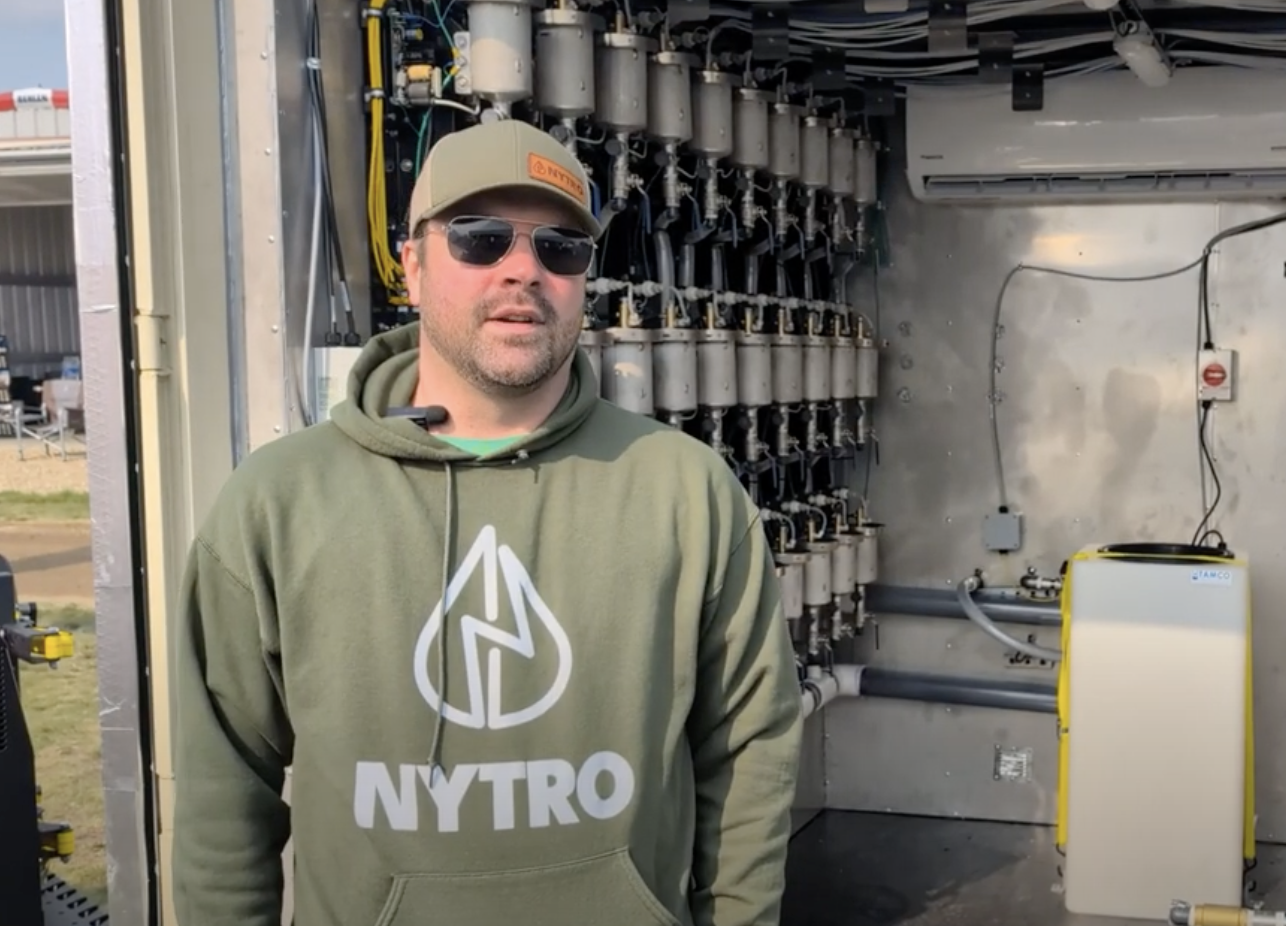Zero tillage hinges on the effectiveness of one molecule – glyphosate, says Rick Holm, a weed specialist from the University of Saskatchewan.
“If we lose glyphosate for whatever reason, the system is in big trouble.”
Holm said he does not see a problem in the foreseeable future, but emphasizes that producers must be as prudent as possible to ensure glyphosate doesn’t change from friend to foe.
“For example, if we had a widespread, troublesome and competitive weed that became resistant to glyphosate, it would certainly put the whole system in jeopardy, especially if it was hard to control with other chemicals.
Read Also

VIDEO: Green Lightning and Nytro Ag win sustainability innovation award
Nytro Ag Corp and Green Lightning recieved an innovation award at Ag in Motion 2025 for the Green Lightning Nitrogen Machine, which converts atmospheric nitrogen into a plant-usable form.
“There are several weed species that are quite naturally tolerant to glyphosate. If we over-use glyphosate without controlling weeds in some other ways, those species can increase and put the whole system in jeopardy.”
Holm said prudent glyphosate use does not necessarily mean reducing rates. In fact, it can mean the opposite.
“If you’re in a no-till system and using quite low rates of glyphosate, dandelions will establish. They become larger and more difficult to control. By the third year, it’s a major problem.
“If you’re going with low rates of glyphosate with no other herbicide, then your dandelions will proliferate.
“Personally, I would think weeds are a much greater concern than volunteer Roundup Ready canola. At the moment, there are some pretty inexpensive treatments to control volunteer Roundup Ready canola.”

















